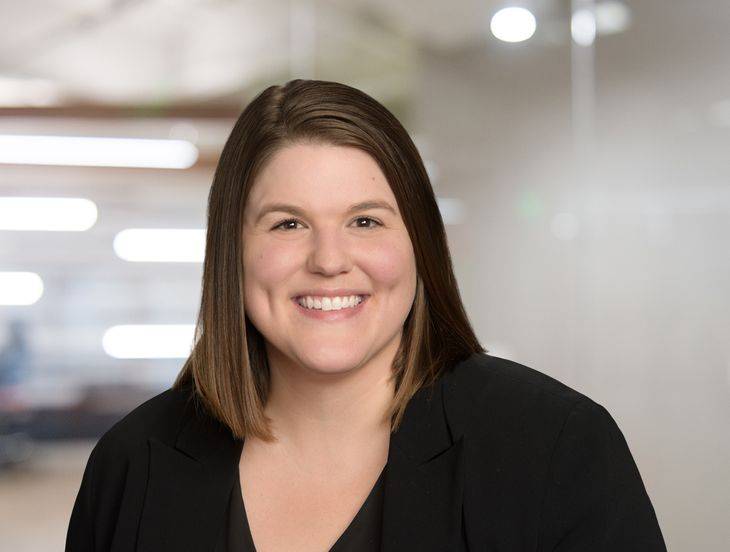Farm Employers Score Major Win in H-2A Dispute – How Your Business Should Respond to Federal Appeals Court Decision
Insights
7.30.25
A federal appeals court just ruled that the Department of Labor’s administrative system for imposing civil penalties on agricultural employers for H-2A violations is unconstitutional, handing businesses across all industries a new tool to fight back against government action. Yesterday’s landmark ruling from the 3rd Circuit Court of Appeals in Sun Valley Orchards v. DOL said the agency’s administrative law judge (ALJ) system is unconstitutional when used to impose fines for violations of the H-2A temporary visa program. This decision could dramatically shift how enforcement actions from all sorts of federal agencies are handled going forward – potentially leading DOL heading to federal court more frequently – what should you do to position yourself for this new era?
Appeals Court Pivots for Employers
Sun Valley Orchards, a family-run farm in New Jersey, was hit with $550,000 in civil penalties after a DOL investigation into its H-2A practices. But instead of simply challenging the facts, the farm questioned the entire legal process. It argued that the DOL’s in-house administrative proceedings violated the Constitution. (Click here to read a deep dive into the H-2A program and the farm’s legal strategy.)
The federal appeals court agreed.
In its unanimous July 29 decision, the 3rd Circuit held that the DOL’s ALJs cannot constitutionally impose civil penalties in H-2A visa cases.
- Why? Because doing so violates the Seventh Amendment, which guarantees the right to a jury trial in civil cases.
- The court rejected the DOL’s claim that this fell under the “public rights” exception that permits certain cases involving governmental priorities to be resolved outside of an Article III court without a jury.
- Instead, the court found that H-2A enforcement looks more like traditional litigation between private parties, which must go through federal court.
- The court emphasized that the stakes involved – monetary penalties and reputational harm – strongly resemble private rights adjudications, not public regulation.
The Jarkesy Fallout: ALJ Systems Under Fire
As we predicted, this case is one of the first to apply the Supreme Court’s 2024 decision in SEC v. Jarkesy to a labor enforcement context. In Jarkesy, SCOTUS ruled that agencies like the SEC can’t impose civil penalties using in-house tribunals without violating the right to a jury trial. .
That precedent is now fueling a wave of challenges across agencies, and the 3rd Circuit just added the DOL to the list. For broader context, read our Jarkesy take: SCOTUS Decision Will Weaken Labor Board’s Attempts to Punish Employers.
What This Means for H-2A Employers
If you use the H-2A visa program or any seasonal labor, this ruling gives you significant new leverage in DOL disputes. The upshot?
- DOL can't rely on ALJs to fine employers in H-2A cases (at least in the 3rd Circuit’s jurisdiction, which includes New Jersey, Pennsylvania, and Delaware).
- Employers in other circuits may also soon challenge ALJ decisions, citing this ruling as persuasive authority.
- The DOL may pause current enforcement actions or shift its tactics, especially in NJ, PA, and DE.
- Future enforcement actions in these jurisdictions (and others that agree) may have to go through federal court. This is a more burdensome, slower, and less favorable process for the government. However, DOL can and historically has pursued H-2A claims in federal court, too.
Employer Action Steps
Here’s what you can do now to position your business for this changing landscape, whether you’re in the agriculture industry or not:
1. Review Current or Pending DOL Cases
If you’ve been cited or are under investigation, consult counsel about whether this ruling may apply. This is especially true if your business is located in New Jersey, Pennsylvania, or Delaware.
2. Challenge ALJ Proceedings if Appropriate
Employers facing ALJ-imposed penalties (whether levied by the DOL or another federal agency) may have a new constitutional defense under Sun Valley. Work with your counsel to determine whether any pending or future cases are ripe for a challenge.
3. Reassess Compliance Exposure
Don’t assume this decision immunizes you. This decision may change the court where DOL will enforce violations of the H-2A requirements, but it does not change the requirements themselves. At best, it may encourage DOL to negotiate with employers to resolve findings of violations, but employers still need to work closely with their legal advisors and compliance experts to make sure they are following the rules and avoiding enforcement action by DOL in any court.
4. Stay Tuned for a Circuit Split
Other courts may disagree. Be prepared for legal uncertainty and a potential future ruling from SCOTUS to resolve any disagreements that emerge.
What’s Next?
- It’s unclear whether the DOL may appeal this decision. After all, this case was launched when the Biden administration controlled the agency, and new leadership may view the situation differently.
- The DOL may instead seek to restructure its enforcement process to avoid future constitutional challenges – both in the 3rd Circuit’s jurisdiction and elsewhere.
- Other employers – including those in construction, hospitality, and tech – may test similar arguments in their industries.
Conclusion
We will provide updates as more information becomes available, so make sure you are subscribed to Fisher Phillips’ Insight System to receive updates directly to your inbox. If you have any questions, contact your Fisher Phillips attorney, the authors of this Insight, or any member of our Agriculture Team.
Related People
-
- Rebecca Hause-Schultz
- Partner
-
- Chris Schulte
- Partner
-
- Joshua H. Viau
- Co-Regional Managing Partner


